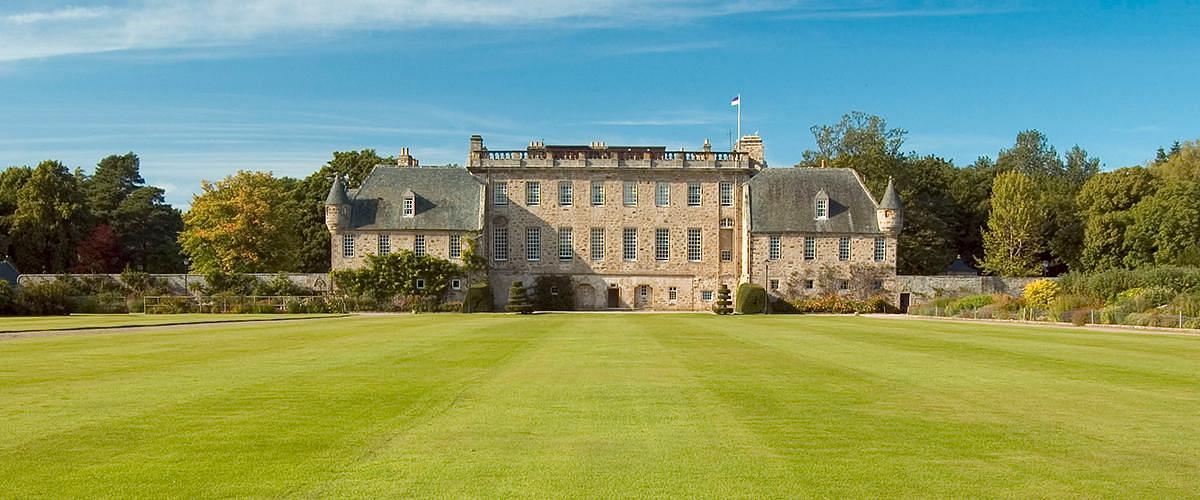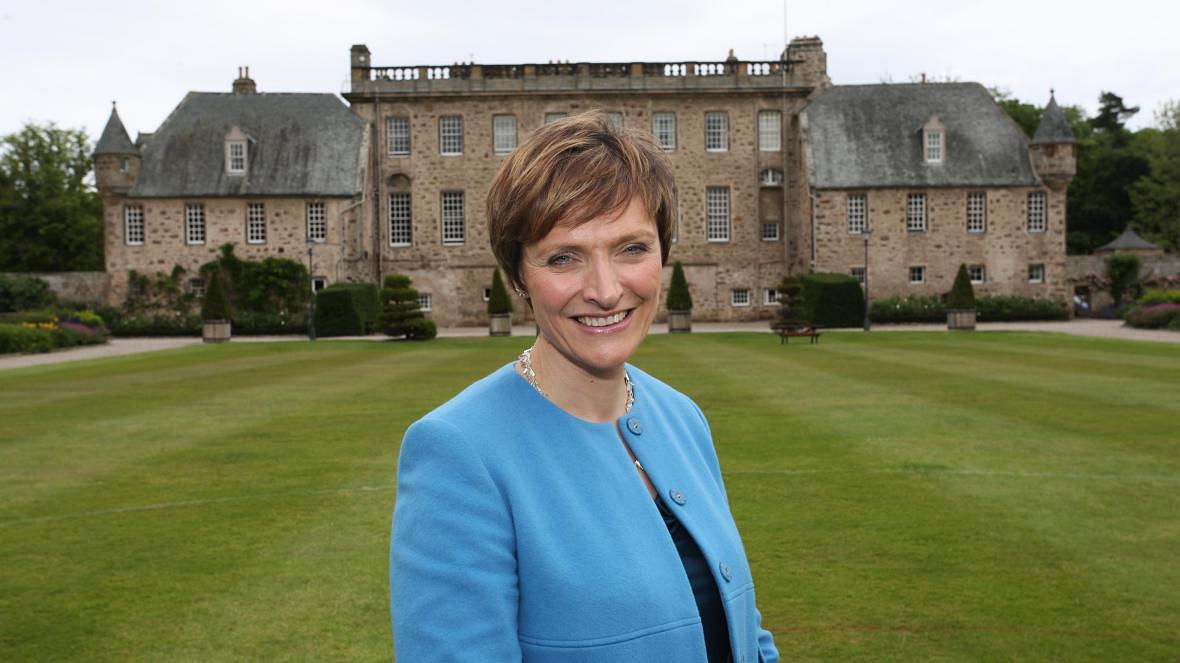Gordonstoun Principal calls for rethink on school disruption
Gordonstoun Principal calls for rethink on school disruption
By Lisa Kerr, Principal at Gordonstoun

You can read more about this opinion piece in the Times

I am waiting for someone to ask the question
Decisions on coronavirus restrictions will be driven by the data, we’re told, but not all the data it seems. Because no one is asking for it. No one is asking Heads of schools how children and young people are being affected by the sacrifices we are continuing to ask them to take to protect others.
It’s often said you shouldn’t ask a question unless you know the answer you’re going to get. So maybe that’s it. Maybe, deep down, our political leaders know the answer and just don’t want it said out loud. Because the answer is that they are not good. Really not good.
Canvassing my network of dozens of heads in the state and independent sector, one school has seven children on suicide watch. Another has had three attempted suicides this term and another a quadrupling of eating disorders. One colleague summed up our collective dismay by describing going into work as “watching children fall apart in front of our eyes every day”. At my own school, even though we’ve implemented an outstanding mental health recovery curriculum with additional expeditions, sail training and outdoor learning, our counselling service is busier than ever.
Of course, there are exceptions: the youngster who has thrived during online learning, the family that has rediscovered together-time, the socially anxious child that has found a safe space. The teaching unions may have represented their members’ interests admirably but, as Heads, we must advocate for young people. Our school has a very sophisticated wellbeing dashboard so I have real-time data about how our student body is faring. Any Head could give you a similar overview because we can see the whole picture.
But no-one is asking
Our knowledge of neuro-plasticity is still developing, but what we know for sure is that brains are literally shaped by childhood experiences. Tragically, the brains of tomorrow’s adults have been built whilst being told they are a danger to others (and vice versa) and while they’ve been isolated, not just for two on-line terms, but often repeatedly as ‘close contacts’ of cases.
Some of us have tried to raise these concerns. We are shot down for allegedly doing a disservice to the resilience of young people. Trust me, no one knows more about the resilience of young people – we know it’s there because we’ve helped build it! But, please, ask us how they are; we need to understand and face up to the damage that’s been done to them, and resolve to address it, and never to repeat it.